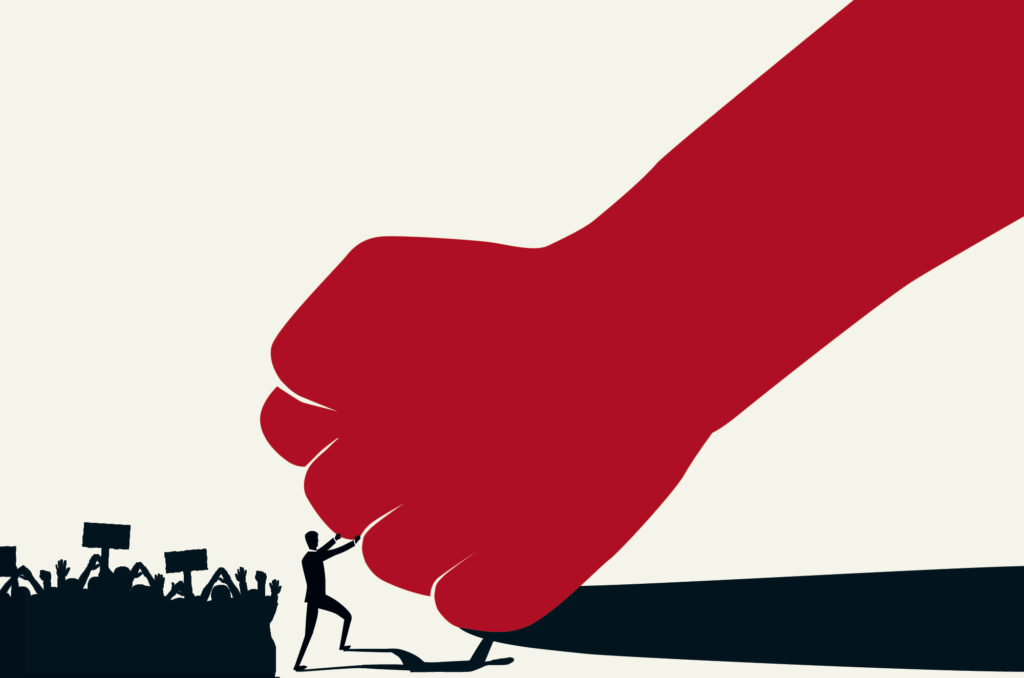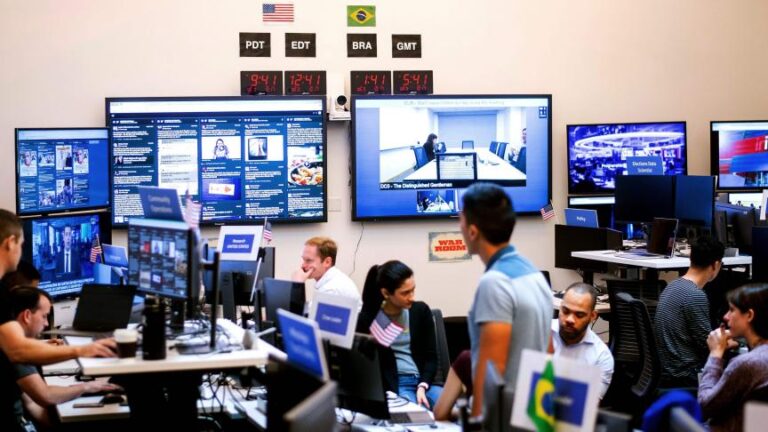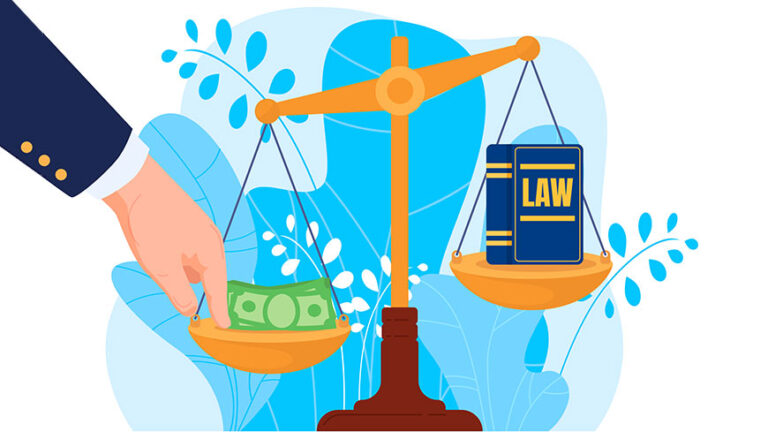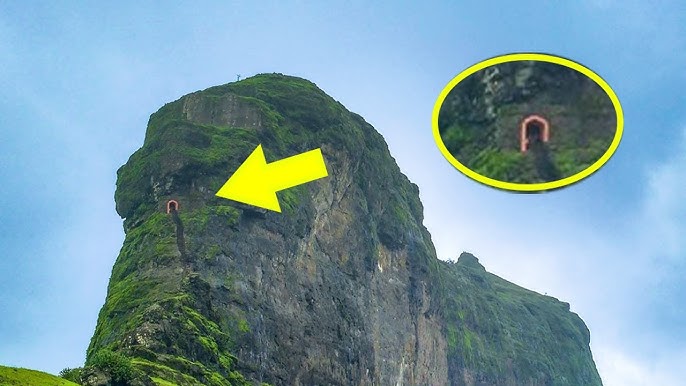
The rise of authoritarianism, the erosion of democratic norms, and the manipulation of electoral systems are leading many to ask: could we be witnessing the end of free elections worldwide? As global political landscapes shift, the traditional values of democracy—free and fair elections, a strong rule of law, and political pluralism—are increasingly under threat. Across the globe, countries are experiencing a decline in democratic practices, and many citizens are left wondering if they can truly trust their elections.
The Erosion of Trust in Elections
One of the most significant signs of democracy’s decline is the erosion of trust in electoral processes. Many voters now view elections as a formality rather than a genuine reflection of the people’s will. In some cases, leaders are accused of rigging elections, manipulating voting systems, or outright suppressing votes. In countries like Hungary, Russia, and Turkey, elections have become more about maintaining power than providing a legitimate choice for citizens. This lack of trust damages the core of democracy as voters begin to lose faith in their ability to influence the political system.
In addition to manipulation and fraud, leaders are increasingly undermining electoral systems once they are in power. For example, attempts to curb the independence of election commissions, limit media freedom, or suppress opposition parties have become increasingly common. These actions are often presented as “security measures” or “anti-corruption efforts,” but they ultimately silence dissent and consolidate power within a small elite.
Authoritarian Leaders on the Rise
Around the world, authoritarian leaders are gaining ground, often through democratic processes. Leaders like Viktor Orbán in Hungary, Recep Tayyip Erdoğan in Turkey, and Rodrigo Duterte in the Philippines have used democratic elections to secure their hold on power, only to undermine later the democratic institutions that brought them into office. These leaders often justify their actions by appealing to populist rhetoric, claiming to represent the “true will of the people” while undermining the very structures that allow for free and fair elections.
Populism, nationalism, and autocratic governance have become increasingly popular as alternatives to traditional democratic systems. In many cases, these leaders employ divisive rhetoric to rally their supporters, presenting themselves as defenders of national interests while labeling opponents as state enemies. This creates a polarized environment where political opposition is discredited and often criminalized, further eroding the democratic process.
Global Trends of Declining Democracy
According to the annual Freedom in the World report by Freedom House, democracy has declined globally for over a decade. The number of countries categorized as “free” is dwindling, while those classified as “not free” are rising. The report highlights a troubling trend: governments are increasingly cracking down on civil liberties, suppressing independent media, and restricting political freedoms. This has been especially evident in Central and Eastern Europe, the Middle East, and parts of Africa and Asia.
Countries once seen as beacons of democracy, like the United States and Brazil, have also experienced significant challenges to their democratic systems. Election interference, voter suppression, and the rise of political extremism have sparked fears that the democratic model itself is in danger. While providing a space for political expression, social media platforms have also become tools for spreading disinformation and manipulating public opinion, further complicating the electoral landscape.
The Future of Democracy
So, is this the end of free elections? The future of democracy remains uncertain, but one thing is clear: preserving free and fair elections requires vigilance, reform, and active engagement from citizens. It’s not enough to simply vote; people must also hold their governments accountable, fight for the protection of democratic institutions, and demand transparency in the electoral process.
In some countries, citizens are already rising against authoritarian rule, demanding more accountability, greater political freedoms, and a return to democratic norms. However, as long as authoritarianism continues to spread, the future of democracy remains at risk. It will take a concerted effort from both individuals and international organizations to protect the principles of free and fair elections, ensuring that democracy can continue to thrive in the face of these growing challenges.







